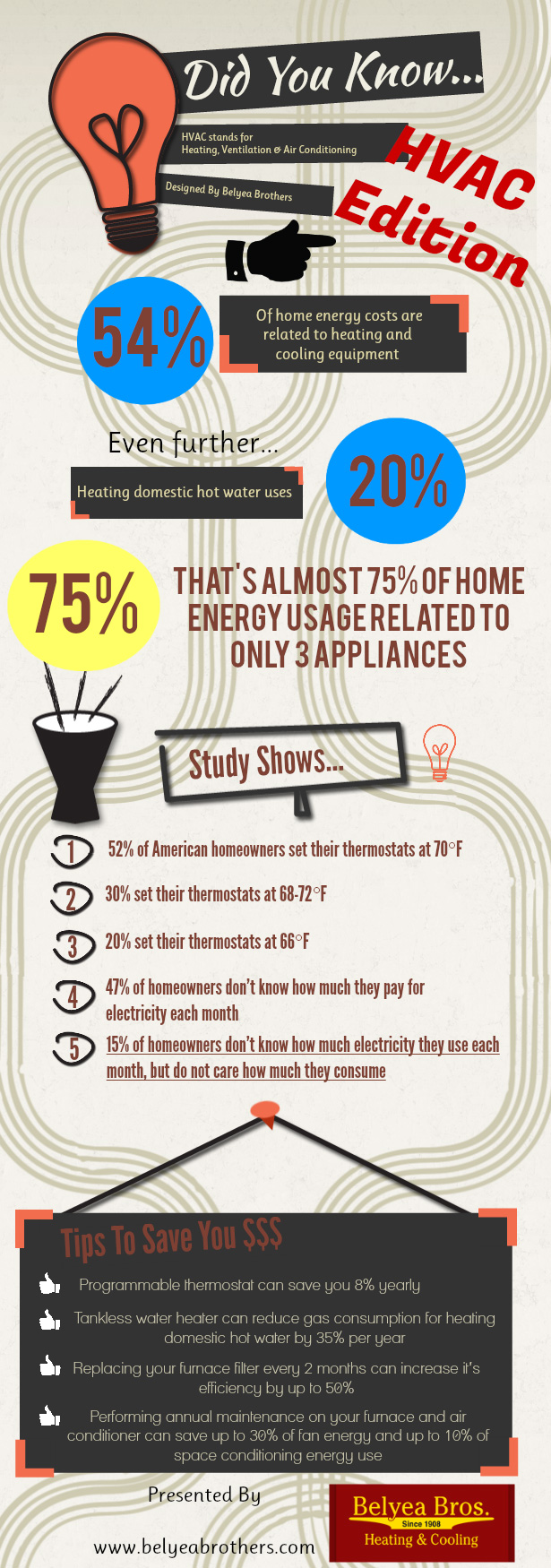Check Out Means To Maintain The Performance And Longevity Of Your Heatpump System By Protecting Against Typical Installation Errors
Check Out Means To Maintain The Performance And Longevity Of Your Heatpump System By Protecting Against Typical Installation Errors
Blog Article
Write-Up By-Saunders Wheeler
When setting up a heatpump, you have to steer clear of common errors that can endanger its effectiveness. Forgeting correct sizing might result in inefficiencies and greater energy costs. Disregarding https://conandaily.com/2022/07/02/how-to-take-proper-care-of-your-air-conditioning-system/ and sealing can lead to energy wastefulness and stress on the system. Additionally, positioning the exterior device incorrectly might impact its performance. By preventing these mistakes, you can guarantee ideal operating and toughness of your heatpump system.
Improper Sizing of Heat Pump
When it involves the setup of heat pumps, one of the most usual errors is poorly sizing the unit for your room. Making sure the appropriate size is important for optimum performance. If the heatpump is too small, it will have a hard time to warmth or cool your room effectively, bring about increased energy costs and potential damage on the device.
On the other hand, if the heat pump is as well huge, it will cycle on and off frequently, triggering temperature fluctuations and reducing its life expectancy.
To prevent ducted heat pump system cost nz , it's necessary to have a professional analyze your area and advise the proper size of the heat pump based upon factors like square video footage, insulation, ceiling height, and regional climate. By spending the time and initiative to make certain the appropriate sizing, you can enjoy a comfy setting while maximizing power effectiveness and lengthening the lifespan of your heat pump.
Inadequate Insulation and Sealing
To make certain the reliable operation of your heatpump, it's vital to resolve inadequate insulation and sealing in your space. Proper insulation helps maintain a regular temperature level indoors, lowering the workload on your heatpump. Poor insulation can cause energy loss, making your heatpump work harder and much less effectively.
Securing any type of spaces or leaks in your space is just as important. These gaps permit conditioned air to escape and outside air to leak in, forcing your heatpump to compensate for the temperature fluctuations.
Inaccurate Placement of Outdoor Device
Dealing with the placement of your heat pump's outside device is key to enhancing its efficiency. Mounting the outdoor unit in an incorrect area can result in efficiency concerns and potential damage to the unit.
One common error to prevent is placing the outside unit as well close to a wall surface or various other structures. This can restrict air movement, causing the device to function harder to warmth or cool your room, inevitably lowering its performance and life expectancy.
One more error to avoid is placing the exterior unit in straight sunshine. While some sunshine is inescapable, excessive exposure can lead to getting too hot, specifically throughout warm summertime days. It's best to position the outside device in a shaded area to help maintain its ideal operating temperature level.
In addition, make sure that the exterior unit is put on a stable and degree surface. Uneven ground can create resonances and unnecessary strain on the system, affecting its performance with time.
Verdict
To conclude, staying clear of typical mistakes during heatpump installment is necessary for taking full advantage of effectiveness and durability of your system. By making certain appropriate sizing, appropriate insulation, sealing, and appropriate placement of the outside unit, you can protect against concerns such as inadequacies, enhanced energy costs, and stress on the device. Making the effort to attend to these vital aspects will ultimately conserve you time and money in the long run.
